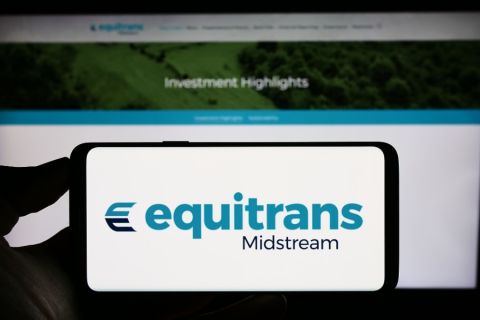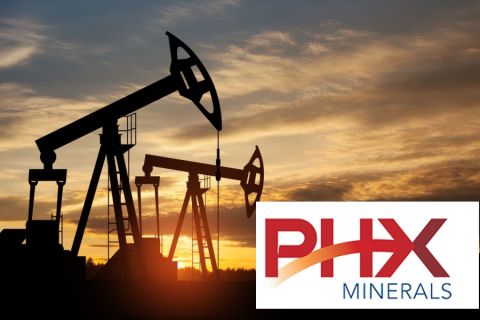A group of the world's top oil companies, including Saudi Aramco, China's CNPC and Exxon Mobil Corp., have for the first time set goals to cut their greenhouse gas emissions as a proportion of output, as pressure on the sector's climate stance grows.
But the target, set by the 12 members of the Oil and Gas Climate Initiative (OGCI), means absolute emissions can rise as production increases.
It is eclipsed by more ambitious plans set individually by the consortium's European members, including Royal Dutch Shell Plc, BP Plc and Total SA.
"It is a significant milestone, it is not the end of the work, it is a near term target ... and we'll keep calibrating as we go forward," OGCI Chairman and former BP CEO Bob Dudley told Reuters.
RELATED:
New Initiative Looks to Boost Oil Industry’s Decarbonization Efforts
The OGCI members agreed to reduce the average carbon intensity of their aggregated upstream oil and gas operations to between 20 kg and 21 kg of CO₂ equivalent per barrel of oil equivalent (CO₂e/boe) by 2025, from a collective baseline of 23 kg CO₂e/boe in 2017, the OGCI said in a statement.
The OGCI includes BP, Chevron, CNPC, Eni SpA, Equinor ASA, Exxon Mobil, Occidental Petroleum Corp., Petrobras, Repsol SA, Saudi Aramco , Shell and Total, which together account for over 30% of the world's oil and gas production.
The members agreed on a common methodology to calculate carbon intensity and the targets could be extended to other sectors, such as liquefied natural gas and refining in the future, Dudley said.
London-based environmental think tank Carbon Tracker dismissed the OGCI's claim the targets were in line with the 2015 U.N.-backed Paris agreement to limit global warming by the end of the century.
"Having some targets to reduce carbon pollution is better than none," Carbon Tracker's head of oil, gas and coal Andrew Grant said in a statement.
But "the [oil and gas] industry can never consider itself 'aligned' with the Paris goals when business plans assume steady investment in fossil fuel production on a planet with absolute limits".
The announcement marks an important change for Exxon Mobil, the largest U.S. oil company, which has resisted investor pressure to improve the disclosure of its environmental impact. It has not yet reported its carbon emissions for 2019.
Exxon Mobil supports the OGCI targets to decrease the carbon intensity of energy production and is "part of the industry's efforts to take practical, meaningful steps to reduce emissions," a spokesman said.
The targets set by different companies can vary widely in scope and definition, making comparison difficult.
Some members of the OGCI already exceed or plan to overshoot the joint target.
For example, Saudi Aramco, the world's top oil exporter, had an upstream carbon intensity of 10.1kg CO₂e/boe in 2019, its annual report showed.
Norway's Equinor aims to reduce its CO₂ intensity to below 8kg/boe by 2025. It has said the global industry average is 18 kg CO₂e/boe.
OGCI said the group's collective carbon intensity would be reported annually, with data reviewed by EY, as an independent third party.
The target includes reductions in methane emissions, a potent greenhouse gas, which the group had previously committed to cut.
Recommended Reading
Baker Hughes Awarded Saudi Pipeline Technology Contract
2024-04-23 - Baker Hughes will supply centrifugal compressors for Saudi Arabia’s new pipeline system, which aims to increase gas distribution across the kingdom and reduce carbon emissions
PrairieSky Adds $6.4MM in Mannville Royalty Interests, Reduces Debt
2024-04-23 - PrairieSky Royalty said the acquisition was funded with excess earnings from the CA$83 million (US$60.75 million) generated from operations.
Equitrans Midstream Announces Quarterly Dividends
2024-04-23 - Equitrans' dividends will be paid on May 15 to all applicable ETRN shareholders of record at the close of business on May 7.
SLB’s ChampionX Acquisition Key to Production Recovery Market
2024-04-21 - During a quarterly earnings call, SLB CEO Olivier Le Peuch highlighted the production recovery market as a key part of the company’s growth strategy.
PHX Minerals’ Borrowing Base Reaffirmed
2024-04-19 - PHX Minerals said the company’s credit facility was extended through Sept. 1, 2028.





